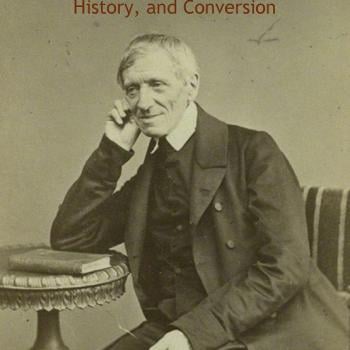The common question "Are you a Christian?" implies something set, settled, a transaction completed. And there is, admittedly, something comforting about the idea of a settled faith, a figurative life in a spiritual Barcalounger. Who wants to be continually moving, continually learning, never settled? Wouldn't it be nice to think that our orthodoxy (right belief) or orthopraxy (right action) would remove the tension of continuing forward?
But the claim that one is a follower of Christ implies a life in motion, a pursuit of an ideal, a recognition that where we are at this moment is not where we will end up.
Hope
Stanley Hauerwas argues that the job of Christians is to form counter-cultural communities witnessing to the love of God. To do this, Jesus-followers will have to tap into Christian hope, for the society is awash with fear and anxiety. The only way to love, to serve, to work for change, is to believe that love and service and change are not only possible but somehow part of the universe's DNA.
I listened to a Fox news broadcast the other night as I worked out in a hotel weight room, and I was stunned—almost literally stunned—by the wave of fear and anger and cynicism washing over me. Hope must be a central religious value for us because, left to our own devices, we seem to be incapable of it . . .
Or we hope for the wrong things. I've written recently about how the Prosperity Gospel of preachers like Joel Osteen is steeped in societal values—health, wealth, temporal happiness. What we hope for as progressive Christians should be expressed instead in the words, "Your Kingdom come, Your will be done."
Heal
And what we do as progressive Christians should be a part of building that Kingdom and following that will. When we look at the actions of Jesus as teacher, healer, feeder, and reconciler, we recognize that, difficult as it often is to follow in his footsteps, these actions constitute the path of hope for our world. We are called to be a part of the healing of the world, of God's great rescue mission.
Progressive Christians know how to do this already. But a lasting and meaningful 21st-century Christianity will approach missionality through the life of faith. It will approach missionality through community. We will go forward together, inspired by the record of the Jesus we follow, reinvigorated by our faith, to lend our talents and energies to the healing work Jesus inaugurated.





